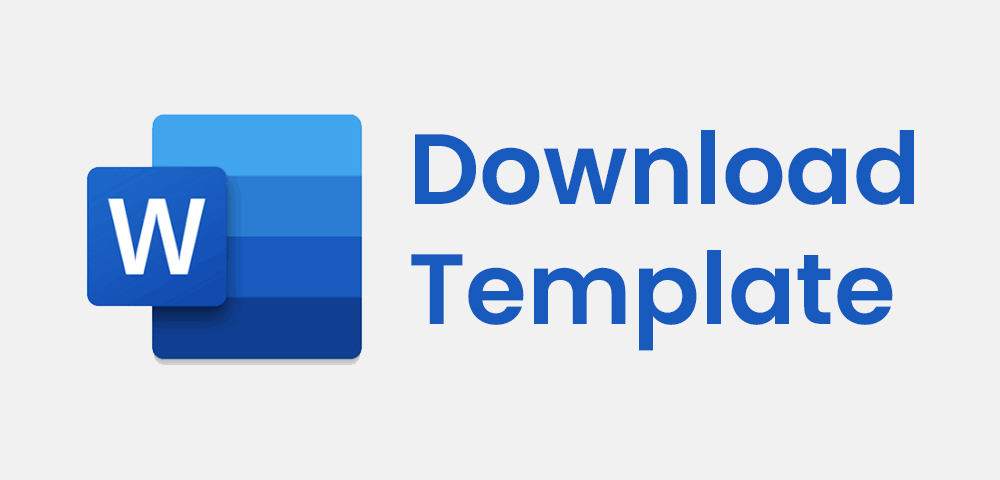MANAGEMENT OF THE EXCELLENT CLASS PROGRAM AT SMPIT ABU BAKAR YOGYAKARTA IN THE ACADEMIC YEAR 2024–2025
DOI:
https://doi.org/10.59548/jed.v3i1.465Keywords:
Excellent Class, Class Management, Learning Achievement, Learning StrategiesAbstract
This study aims to describe the strategy of managing superior classes at SMPIT Abu Bakar Yogyakarta in order to improve the quality of education and student learning achievement. Superior classes are classes that are specifically designed for students who have high academic potential and require an intensive, innovative learning approach, and are supported by adequate facilities. The research method used is a qualitative approach with data collection techniques through observation, interviews, and documentation studies. The results of the study indicate that the strategy of managing superior classes at SMPIT Abu Bakar Yogyakarta is carried out through careful planning, organizing learning structures, implementing active teaching, and systematic evaluation. Supporting factors in the implementation of superior classes include teacher quality, parental involvement, and learning facilities. The obstacles faced include social disparities between classes, limited certain facilities, and variations in student character. The solutions implemented include teacher training, improving communication between classes, and optimizing the use of learning technology.
 References
References
Ahyar, Ahyar. 2022. “Manajemen inovasi pembelajaran pada kelas unggulan: Studi multisitus di MTsN Model Praya dan MTsN 1 Model Mataram.” https://www.academia.edu/89675599/Manajemen_inovasi_pembelajaran_pada_kelas_unggulan_Studi_multisitus_di_MTsN_Model_Praya_dan_MTsN_1_Model_Mataram.
Akdon. 2007. Strategic Management for Educational Management (Manajemen Strategik untuk Manajemen Pendidikan). Bandung: Alfabbeta.
Astari, Muhamad Thaherudin, dan Rahmat Nurcahyo. 2024. “Strategi Analisis SWOT dalam Pengelolaan Media Pembelajaran Berbasis ICT untuk Pendidikan Non-Formal: Studi Kasus Pusat Kegiatan Belajar Masyarakat di Jawa Barat.” E-Journal Studia Manajemen 13(1). https://ejurnal.latansamashiro.ac.id/index.php/EJSM/article/view/1224.
Astuti, Aprilia Dewi. 2023. “STRATEGI PENGELOLAAN PROGRAM UNGGULAN SEKOLAH DI MA NEGERI.” Jurnal Manajemen Pendidikan 14(1):1–14. doi:10.21009/jmp.v14i1.28646.
Evertson, Carolyn M., dan Carol S. Weinstein. 2006. “Classroom management as a field of inquiry.” Handbook of classroom management: Research, practice, and contemporary issues 3(1):16.
Hadi, Sutrisno. 2015. Metodologi Riset. Yogyakarta: Pustaka Belajar.
Hasibuan, Sari Mahwati. 2022. “Strategi Pemberian Reward Dan Punishment Pada Pembelajaran Tematik SDII Luqman Al Hakim 01 Lingga Kelas III.” TA’DIBAN: Journal of Islamic Education 3(1):62–72. doi:10.61456/tjie.v3i1.78.
Iqbal, Muhammad, Haromain Haromain, dan Nurul Hidayati. 2024. “IMPLEMENTASI PROGRAM KELAS UNGGULAN DI SMA NEGERI 3 MATARAM.” Realita: Jurnal Bimbingan dan Konseling 9(1):2335–42.
Iqbal, Muhammad, Haromain, dan Nurul Hidayat. 2024. “Implemantasi Program Kelas Unggulan di SMA Negeri 3 Mataram.” Realita Vol. 9 No. 1.
Jipi. 2023. “Hakikat Inovasi Dalam Pendidikan Agama Islam.” JIPI (Jurnal Ilmiah Pendidikan Islam) 2(1):15–26. doi:10.58788/jipi.v2i1.3367.
Memahami Makna Hakikat Pendidikan Nasional. t.t. Diambil 6 Agustus 2025. https://dinaspendidikan.bojonegorokab.go.id/berita/baca/130.
Miles, Matthew B., A. Michael Huberman, dan Johnny Saldana. 2013. Qualitative Data Analysis: A Methods Sourcebook. SAGE Publications.
Nurhayati, Ika, Karso Satum Edi Pramono, dan Amalina Farida. 2024. “Keterampilan 4C (Critical Thinking, Creativity, Communication And Collaboration) Dalam Pembelajaran IPS Untuk Menjawab Tantangan Abad 21.” Jurnal Basicedu 8(1):36–43. doi:10.31004/basicedu.v8i1.6842.
Riswanto, Dedy Hidayatullah, Tia Meylan Anggraeni Ananda Purnomo, Puja Tria Oktaviani Yulia Puspita Dewi, dan Velicia Septiana. 2024. “Analisis Efektivitas Kelas Unggulan Terhadap Pengorganisasian Pembelajaran Fisika di SMA Negeri 2 Metro.” Jurnal Firnas Vol. 5 No. 1.
Suhartono, Ngadirun. 2009. “Penyelenggaraan Program Kelas Unggulan di Sekolah Dasar.”
Suresmi, Suresmi. 2020. “Implikasi Pengelolaan Pembelajaran Bermutu Pada Kelas Unggulan.” Tadbir : Jurnal Studi Manajemen Pendidikan 4(2):269. doi:10.29240/jsmp.v4i2.2117.
Syamsiar, Huldiya, M. Muzakki, IG Ratnaya, dan IW Widiana. 2023. “Evaluasi kurikulum merdeka belajar berbasis CIPP.” Journal of Education and Instruction (JOEAI) 6(2):536–44.
Wati, Amalia Ratna Zakiah, dan Syunu Trihantoyo. 2020. “Strategi Pengelolaan Kelas Unggulan Dalam Meningkatkan Prestasi Belajar Siswa.” Jurnal Dinamika Manajemen Pendidikan 5(1):46. doi:10.26740/jdmp.v5n1.p46-57.
Wulansari, Widi, Epritha Kurniawati, dan Linda Dwiyanti. 2017. “Evaluasi Kompetensi Lulusan Program Studi Pendidikan Guru Pendidikan Anak Usia Dini Universitas Nusantara PGRI Kediri.” Realita: Jurnal Penelitian Dan Kebudayaan Islam 15(1). doi:10.30762/realita.v15i1.464.
Downloads
Published
How to Cite
Issue
Section
License
Copyright (c) 2025 Muhammad Thorif Abdurrofi

This work is licensed under a Creative Commons Attribution 4.0 International License.
- Share — copy and redistribute the material in any medium or format for any purpose, even commercially.
- Adapt — remix, transform, and build upon the material for any purpose, even commercially.
- The licensor cannot revoke these freedoms as long as you follow the license terms.
Under the following terms:
- Attribution — You must give appropriate credit , provide a link to the license, and indicate if changes were made . You may do so in any reasonable manner, but not in any way that suggests the licensor endorses you or your use.
- No additional restrictions — You may not apply legal terms or technological measures that legally restrict others from doing anything the license permits.
Notices:
You do not have to comply with the license for elements of the material in the public domain or where your use is permitted by an applicable exception or limitation .
No warranties are given. The license may not give you all of the permissions necessary for your intended use. For example, other rights such as publicity, privacy, or moral rights may limit how you use the material.












 Eduslamic: Jurnal Pendidikan Islam dan Keagamaan by
Eduslamic: Jurnal Pendidikan Islam dan Keagamaan by 
